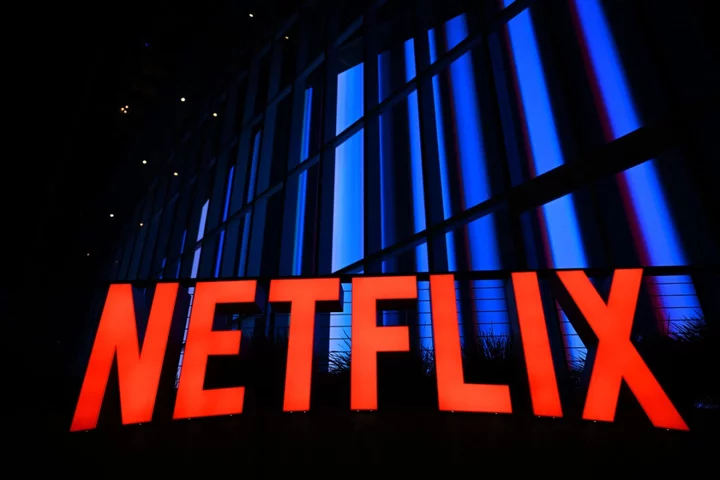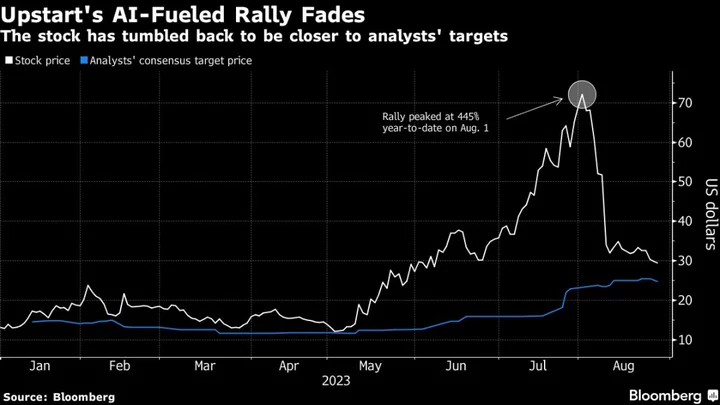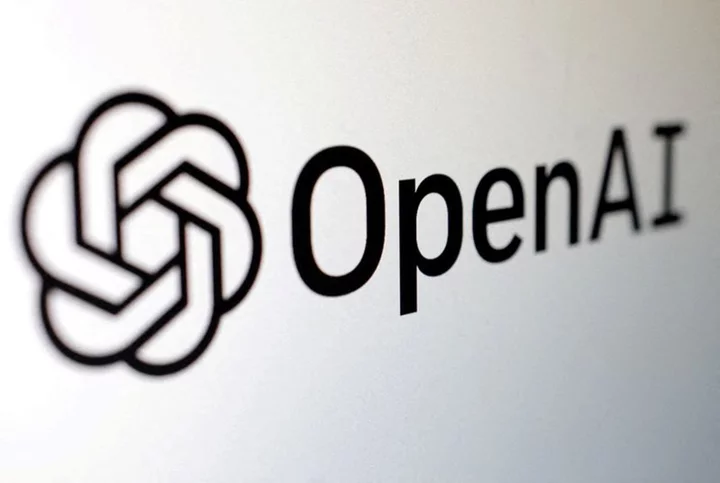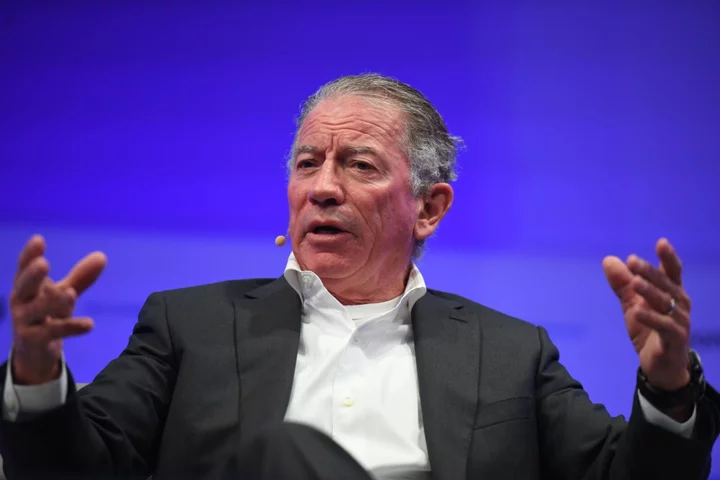Netflix has seen its subscriber base grow rapidly – suggesting its crackdown on password sharing has gone even better than expected.
The company has launched a range of schemes intended to encourage more people to sign up, amid slumping user numbers. They include a cheaper version of the streaming service with ads, but also a password sharing crackdown that proved controversial among users who characterised it as invasive or mean.
It appears to have worked to encourage users to sign up, however. The company said in its latest results that it had added 5.9 million users, almost three times what analysts had expected.
Netflix ended June with 238.4 million worldwide subscribers.
Investors seemed unsatisfied, perhaps rattled by management commentary in a shareholder letter warning “quite a competitive battle” continuing to unfold against the backdrop of ongoing strikes by both the writers and actors union in the US that is already bogging down much of Hollywood and threatening to clog the pipelines feeding entertainment to streaming services.
Netflix's stock price fell 4 per cent in Wednesday's extended trading. The decline also could have reflected some investor locking in profits that have accrued while the shares have climbed by more than 50 per cent so far this year.
The second-quarter performance marked Netflix’s biggest spring —- traditionally the company's slowest stretch of growth — since gaining 10 million subscribers during the same period in 2020 under dramatically different market conditions.
In 2020, people were still largely stuck at home and looking for ways to keep themselves entertained while governments around the world struggled to find a way to contain the spread of pandemic. Now, Netflix finds itself trying to bounce back from a growth slowdown amid stiff video streaming competition and inflationary pressures that have caused many households to clamp down on spending, especially on discretionary items such as entertainment.
As an antidote, Netflix last year introduced a low-priced option that includes commercials and then began to block the rampant sharing of passwords that has enabled an estimated 100 million people worldwide to watch its TV series and films for free. Freeloading viewers are now being required to open their own accounts unless a subscriber with a standard or premium plan agrees to pay an $8 monthly surcharge to allow more people living in different households to watch.
In its shareholder letter, management said the crackdown on password sharing is resulting in a “healthy conversion of borrower households into full paying Netflix memberships.”
And Netflix still isn’t done tinkering. As part of Wednesday’s earnings release, Netflix also revealed it’s phasing out its cheapest ad-free plan – a service that costs $10 in the U.S. Existing subscribers already paying for this basic plan will be allowed to keep it. The shift appears designed to get more people to switch to the $7 monthly plan that includes commercials in hopes of boosting ad revenue or sign up for its $15.50 monthly standard plan or $20 monthly premium plan.
“While we’ve made steady progress this year, we have more work to do to reaccelerate our growth,” Netflix management told shareholders in its letter.
The pricing changes that have already been made helped Netflix boost its second-quarter revenue by 3% from the same time last year to $8.2 billon, falling below analyst forecasts. Netflix earned $1.49 billion during the period, compared with $1.44 billion last year. But earnings per share came in at $3.29 per share, eclipsing the average analyst estimate of $2.85 per share, according to FactSet.
Netflix didn't delve into the potential fallout from the current walkout by in the U.S. by writers and actors. The dispute revolves revolve largely around the payment system used in video streaming and the rise of artificial intelligence technology threatening to exploit the work of humans and eventually replace them.
Unlike traditional movie and TV studios in the U.S., Netflix has been able to keep feeding its entertainment pipeline with shows that it has been able to use to keep luring in and retaining subscribers.
Additional reporting by AP
Read MoreStolen ChatGPT accounts for sale on the dark web
Geothermal breakthrough uses oil drilling tech to tap renewable energy
Solar panel tech breakthrough generates electricity from rain
Stolen ChatGPT accounts for sale on the dark web
Geothermal breakthrough uses oil drilling tech to tap renewable energy
Solar panel tech breakthrough generates electricity from rain









